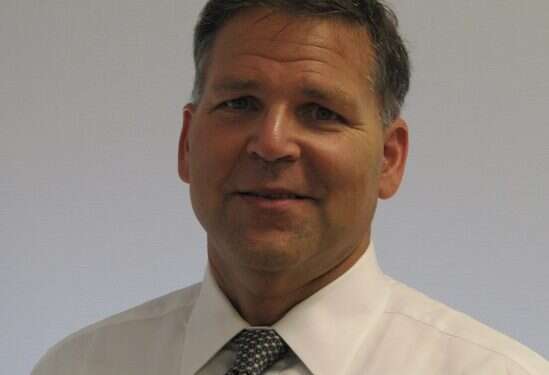Some 1,200 Jews from dozens of communities across North America will arrive in Israel in 10 days to attend the Jewish Federations of North America conference in Tel Aviv. It will be the fifth time in the past 20 years that the JFNA will convene its annual conference in Israel.
Prime Minister Benjamin Netanyahu, President Reuven Rivlin and other senior Israeli officials are expected to attend.
Although the "federations," as they are known, have historically supported and provided large donations to Israel, there are tensions surrounding the upcoming conference.
"In recent years there are issues that have influenced the Jewish community in North America: Regarding policy, regarding things that official [Israeli] representatives have said and things that have happened on the religious level. The Israelis see things from their point of view, and Jews in the Diaspora see them from their point of view. These factors have created divisions and raised real questions and challenges among Diaspora Jews," JFNA President and CEO Jerry Silverman told Israel Hayom in a phone call from his New York office.
Silverman was referring to ministers and Knesset members who have called Reform Jews "non-Jews"; the Israeli rabbinate that disqualifies conversions, even when performed by Orthodox rabbis, for unclear reasons; and of course the compromise surrounding the planned egalitarian prayer plaza at the Western Wall, which the government rescinded.
Amid the backdrop of the current tensions, Silverman and his associates decided to title the upcoming conference "Israel and the Diaspora: We need to talk."
Silverman, however, rarely gives interviews, certainly not to Israeli media outlets. The issues he mentions arouse a considerable degree of emotion among divided and polarized communities in North America and Israel alike.
"We're talking about Jews. If you know how to make Jews say or not say certain things – let me know," Silverman says laughingly.
The problem for Silverman and other Jewish leaders is that this crisis is only felt by them. The Israeli public isn't interested in Diaspora Jewry and isn't bothered about their feelings of a crumbling connection to Israel.
How do you intend to expand the discourse beyond MKs and Israeli journalists to the average Israeli on the street?
Silverman: "As a Jewish people we have more things in common than we have disagreements. Israelis see their priorities through their lens, while Jews in the Diaspora see them through their lens. These differing viewpoints have reached a point where we felt there was an opportunity to build bridges, and that's what we plan on doing at the conference; for people from all the sides to talk to one another. There will be dialogue and different, diverse voices will be heard. We are bringing our grassroots activists to speak with activists and field workers [in Israel]. We are also building networks through the Jewish Agency, and the goal is for the dialogue to not be a one-time thing."
Many Israelis feel you are living across the ocean and preaching to us about what's allowed and forbidden. For example, the federations themselves, under your leadership, came out against the nation-state law. Why don't you let us decide for ourselves what's right and wrong for us?
Silverman: "We live in amazing democracies with freedom of expression. Part of our responsibility is also to examine whether there are issues that will cause divisions with Diaspora Jewry and push the young generation away from a connection with Israel. And yes, we have to pay attention to certain issues that provide fuel and ammunition for the delegitimization of Israel, which we combat on a daily basis. We have an entire department fighting BDS. So if Israel does something we think gives them fuel, it's our responsibility to express ourselves. We aren't a political organization and we don't tell Israel what to do, but there are religious matters, such as conversion and the Western Wall which are influenced by Diaspora Jewry – and it's our responsibility to voice ourselves on those matters as well.
What would you like to say to the people of Israel?
Silverman: "It's important that the public in Israel knows we believe Israel is the greatest miracle of our times. As a Jewish nation, we are one family, and it doesn't matter how we each observe our Judaism. Despite the disagreements, we need to understand one another. A strong Israel is a great thing for the world, a light unto the nations and the Jewish world. But a strong Diaspora Jewry is also important to Israel and the world. Therefore it's important we stay strong and together."




